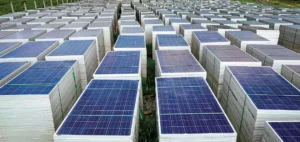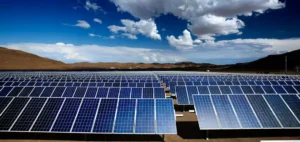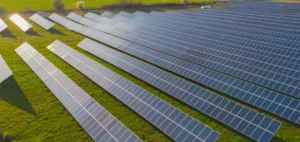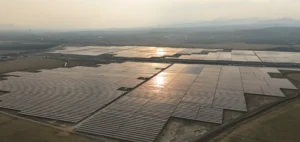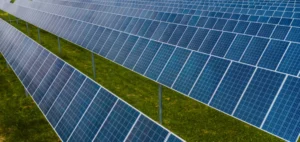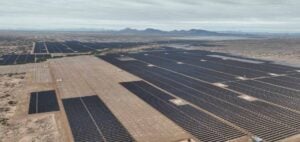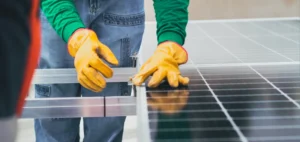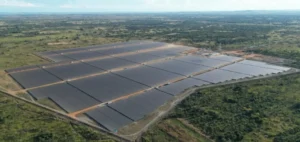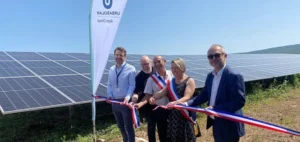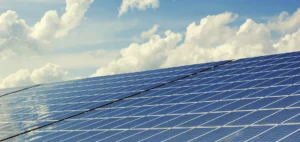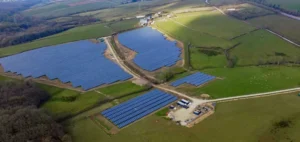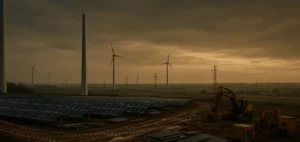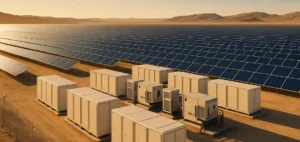TotalEnergies is committed to expanding its solar panel offering for businesses, aiming to reach 8 or 9 GW of power purchase agreements (PPAs) by 2030. The Group has already secured more than 1.5 GW of PPA worldwide, facilitating the decarbonization of businesses and their electrical autonomy. This initiative illustrates TotalEnergies’ ambition to become a major player in the renewable energy sector.
Global reach and strategic focus
With 600 customers at 700 sites around the world, TotalEnergies’ solar projects are diversified geographically, dominated by a significant presence in Asia. The Middle East, Africa, Europe and the USA complete the picture, with a particular focus on future development in Europe and the USA. This strategy demonstrates the Group’s determination to capitalize on high-growth markets for renewable energies.
Diversified clientele and projects
The automotive, food and textile industries are among TotalEnergies’ main customers, seeking to reduce their carbon footprint through solar self-consumption. Notable projects include collaboration with Holcim in Belgium for a floating solar power plant and with Veolia in Oman, illustrating the Group’s ability to provide renewable energy solutions tailored to diverse industrial needs.
In addition, PPA contracts offer industrial customers a long-term source of renewable electricity, generated directly on their sites. On average, these small-scale facilities cover around 20% of their energy needs, enabling them to control their consumption and benefit from predictable electricity costs. In addition to reducing the carbon footprint for corporate customers, these agreements make it easier to manage their energy consumption and prevent high costs during periods of high demand, thanks to a fixed tariff. This approach enables companies to stabilize their energy costs while contributing to their sustainability objectives.






